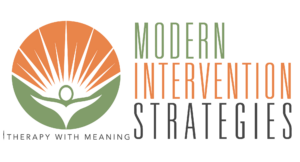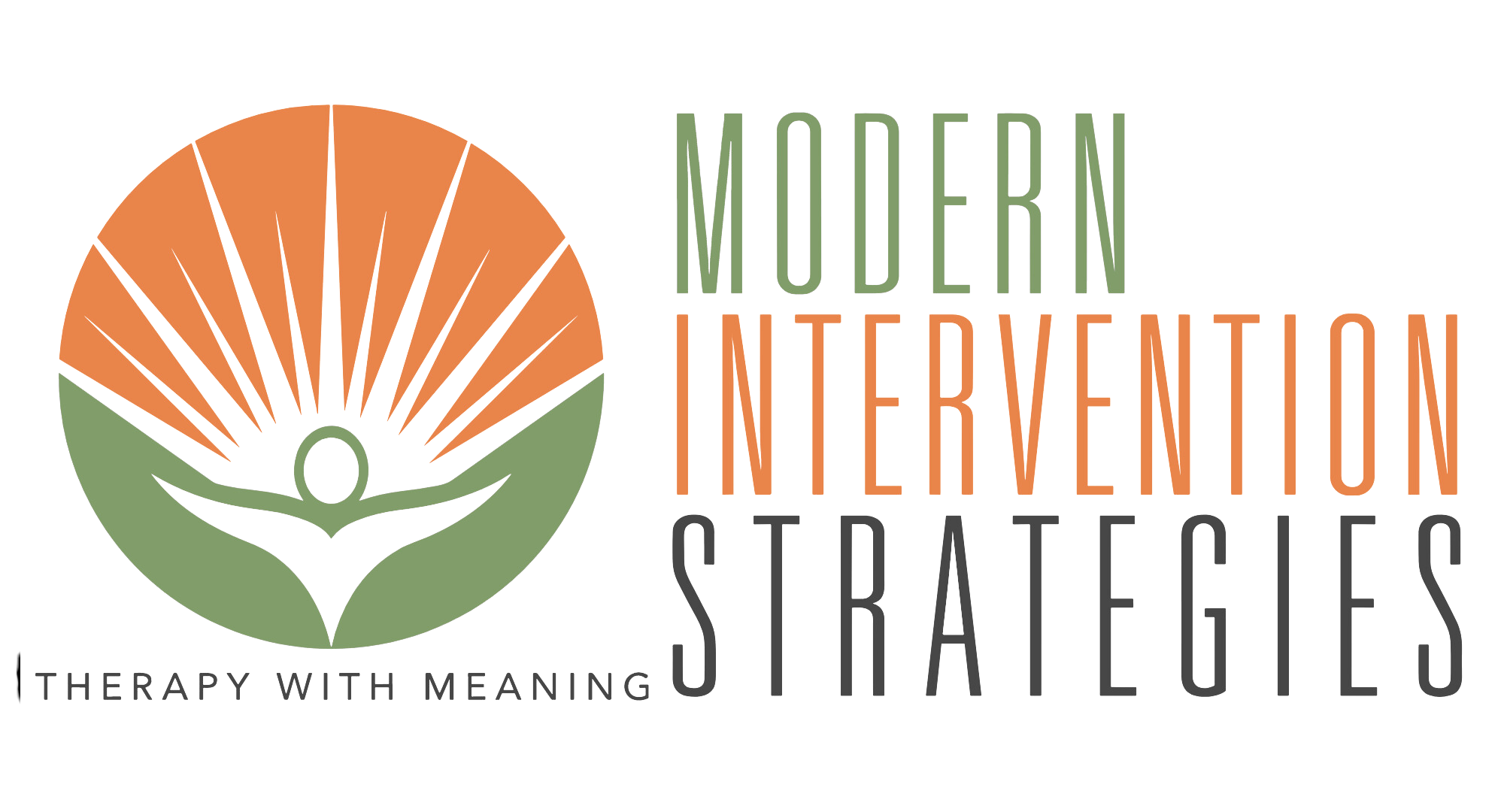Are you tired of feeling overwhelmed, constantly putting others’ needs before your own, and neglecting your well-being? If so, you’re in the right place. In this comprehensive guide, we’ll explore the reasons behind our struggles to set boundaries, the impact on our stress levels, and practical tips to reclaim control and live a fulfilling life. Let’s dive in!
The Guilt Dilemma: Prioritizing Your Needs

Feeling guilty for prioritizing your needs is a common dilemma many face. It stems from societal conditioning and the belief that focusing on ourselves is selfish or indulgent. However, it’s important to recognize that prioritizing self-care is essential and beneficial for our overall well-being. Guiding and setting boundaries is crucial in breaking free from guilt and cultivating a healthier and more fulfilling life.
Understanding The Roots Of Guilt
Guilt can be a powerful emotion that often arises when prioritizing ourselves. It is rooted in societal expectations and the fear of being seen as selfish. We live in a society that values selflessness and puts others’ needs before our own. As a result, when we take the time to care for ourselves, guilt can creep in, fueled by the worry of how others may perceive our actions. However, it’s crucial to challenge these societal expectations and realize that self-care is not a luxury but a necessity.
Overcoming guilt starts with challenging the negative self-talk that fuels it. Instead of criticizing ourselves for prioritizing our needs, we should remind ourselves that taking care of ourselves benefits us and those around us. One powerful tool in overcoming guilt is practicing self-compassion. Treat yourself with kindness, just like a close friend. By practicing self-compassion, you create a positive and nurturing environment within yourself that counteracts guilt and fosters self-care.
The Importance Of Boundaries
Boundaries are vital for our overall well-being and the maintenance of healthy relationships. They provide a framework to define and communicate our limits, needs, and expectations. Setting boundaries is not about building walls or shutting others out; instead, it is a way of honoring ourselves and creating a safe space for self-reflection, personal growth, and emotional stability. By establishing clear boundaries, we ensure that our energy and resources are distributed in a balanced manner.
Boundaries help us avoid overextending ourselves and experiencing burnout. They enable us to prioritize our needs without feeling guilty or overwhelmed. When we set boundaries, we communicate to others what we are comfortable with and what is not acceptable, fostering mutual respect and healthier dynamics in our relationships. Furthermore, boundaries protect us from unnecessary stress and resentment and help us maintain control and autonomy over our lives.
Practical Strategies For Setting Boundaries

Now that we understand the importance of boundaries let’s explore some practical strategies for setting them:
Define your values and priorities: Take the time to reflect on what is truly important to you. Identify your values and priorities, as they will serve as a compass for setting boundaries that align with your authentic self.
Communicate assertively: Clearly and respectfully communicate your boundaries to others. Use “I” statements to express your needs and expectations. Remember, setting boundaries is not about blaming or criticizing others; it’s about advocating for your well-being.
Learn to say “no”: Saying “no” is a powerful act of self-care. Practice limiting what you can take on and being realistic about your capacity. Prioritize your well-being by declining requests that don’t align with your boundaries or values.
Establish self-care rituals: Incorporate self-care rituals into your daily routine. Whether taking a bath, practicing mindfulness, or engaging in a hobby, make self-care a non-negotiable part of your life. Treat it as an essential appointment with yourself.
Create physical boundaries: Designate physical spaces where you can retreat and recharge. This could be a cozy corner in your home, a peaceful park, or a favorite coffee shop. Having a physical space representing your boundaries can remind you to prioritize self-care.
Building A Supportive Network
One of the critical factors in successfully setting and maintaining boundaries is having a supportive network of individuals who understand and respect your need for self-care. Building this network takes time and effort. Seek out like-minded friends or acquaintances who prioritize their well-being and understand the importance of boundaries. Consider joining support groups or online communities to connect with individuals with similar experiences and challenges.
In addition to seeking external support, it’s crucial to communicate your boundaries to the people already in your life. Let your loved ones know about your journey towards self-care and explain the importance of setting boundaries for your well-being. While some individuals may not fully understand or accept your newfound commitment to self-care, others will likely be supportive and willing to adapt their expectations to respect your boundaries.
Prioritizing Self-Care
In our fast-paced and demanding lives, it’s easy to neglect our well-being while tending to the needs of others. However, prioritizing self-care is vital for maintaining a healthy and balanced life. You are nurturing your overall health by purposefully engaging in things that benefit your mental, physical, and spiritual well-being.
Self-care can take many forms, and finding what works best for you is essential. It could be as simple as walking in nature, enjoying a relaxing bath, or practicing mindfulness and meditation. When you do things that bring you joy and calm, you reduce your stress, increase your happiness, and enhance your quality of life.
By prioritizing self-care, you replenish your energy and create a reserve that allows you to show up fully for yourself and others. Treat self-care as non-negotiable appointments with yourself, and make it a regular part of your routine. By consistently prioritizing self-care, you send a powerful message to yourself and others that your well-being matters.
Conclusion
Congratulations! You’ve reached the end of this journey toward understanding the importance of setting boundaries and prioritizing self-care. I hope you’ve found this exploration helpful and insightful. Remember, setting boundaries and practicing self-care are not selfish acts; they are essential for your well-being and those around you.
Embrace the power of boundaries and self-care, and watch as your stress levels decrease, your relationships flourish, and your overall happiness and fulfillment soar. Remember, this journey is unique to you. Take the time to discover what works best for you, and be gentle with yourself along the way. Here’s to a life filled with self-care, healthy boundaries, and limitless possibilities! Keep prioritizing yourself, set those boundaries, and watch your world transform into a more balanced, joyful, and aligned space.
Thank you for joining me on this empowering journey, and I encourage you to continue exploring and implementing these strategies in your life. You have the power to create a life that is balanced, fulfilling, and aligned with your needs.





